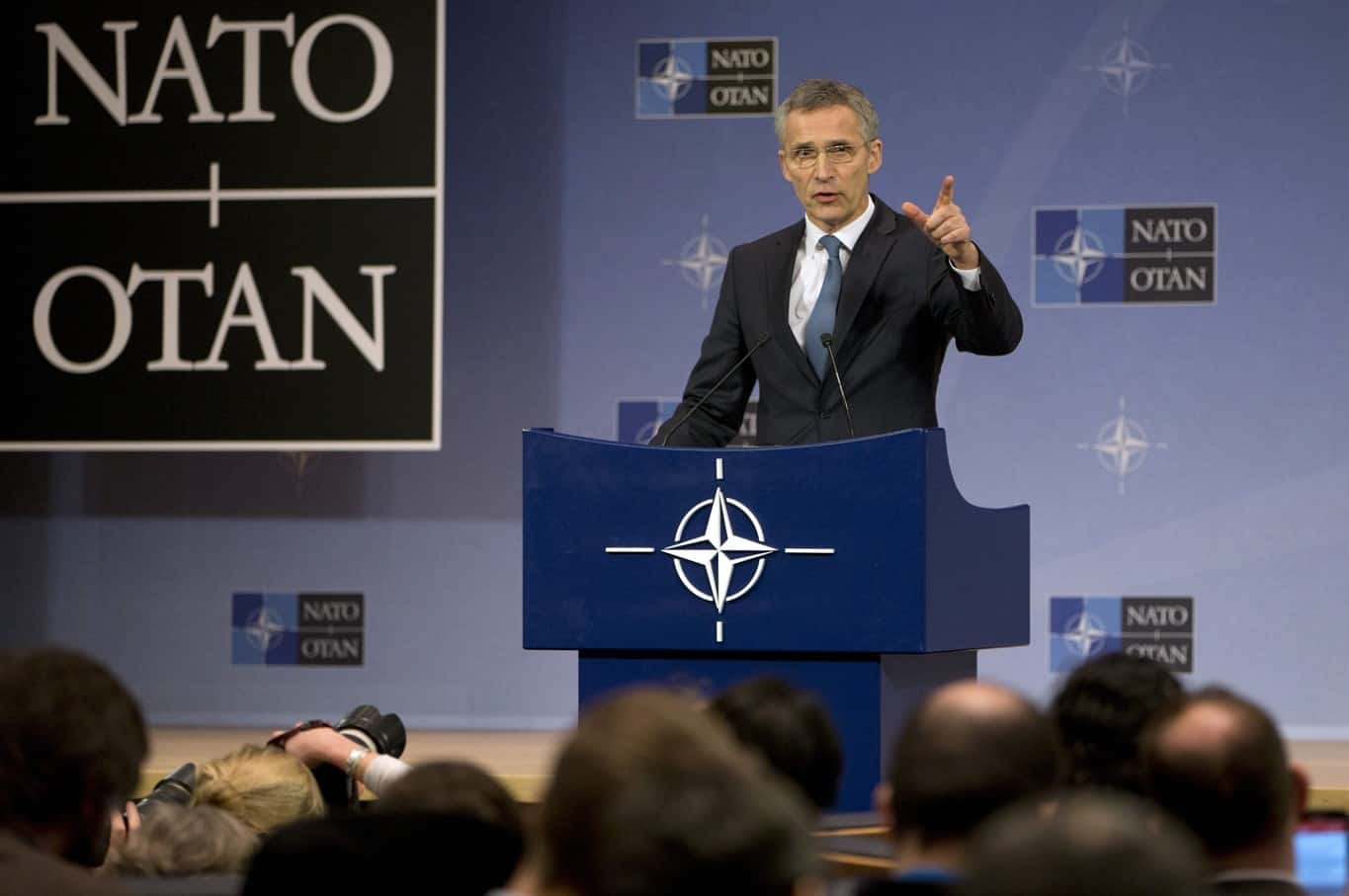NATO chief Jens Stoltenberg said Friday the military alliance needs to be ready for a world with more Russian missiles, after a UN warning that the global arms control system is collapsing.
“NATO does not want a new Cold war, we don’t want a new arms race. And therefore we call on Russia to come back into compliance with the INF (Intermediate-Range Nuclear Forces) treaty,” Stoltenberg told reporters during a visit to the Bulgarian capital Sofia.
“At the same time we need to be prepared for a world without the INF treaty and with more Russian missiles,” he added.
The US began the process of exiting the key missile treaty last month in response to Moscow’s deployment of a new missile — the 9M729 — that NATO says breaches the pact.
In response, Russia announced its own withdrawal from the cornerstone treaty signed in 1987, which banned ground-launched missiles with a range of 500 to 5,500 kilometres.
The crisis has sparked fears of a new arms race in Europe.
Earlier this week, UN Secretary General Antonio Guterres warned that “key components of the international arms control architecture are collapsing”.
“These new Russian missiles are nuclear capable, they can reach European cities, they are hard to detect and they have little warning time so they reduce the threshold for any potential use of nuclear weapons in an armed conflict,” Stoltenberg said on Friday.
Bulgaria’s Prime Minister Boyko Borisov, who will host his Russian counterpart Dmitry Medvedev on Monday, added that he had agreed “to use to the maximum the strength of diplomacy, our bilateral ties (…) to prevent an arms race with these monstrous missiles.”
Bulgaria — an EU and NATO member — has also preserved close economic and energy cooperation with Russia, reflecting deep historical and cultural ties between the two countries.
But Borisov reiterated on Friday his country’s loyalty to NATO.
“Bulgaria is not Russia’s Trojan horse in NATO – on the contrary, Bulgaria is among NATO’s most disciplined and most loyal members,” Borisov said.










